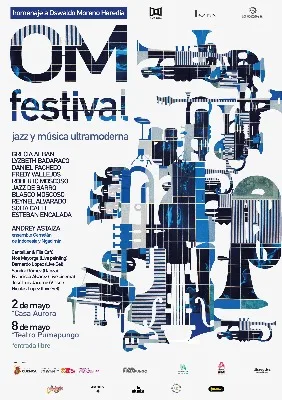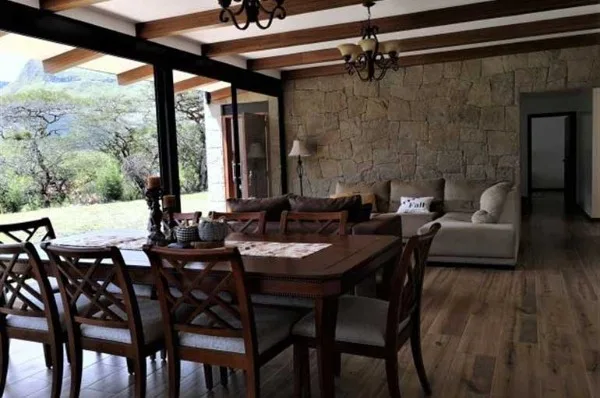Promoting his referendum, Lasso says National Police need military help to control drug crime
Organized drug crime is too much for the police to handle by themselves, according to President Guillermo Lasso. “Traditional police methods of combating crime, like the measured use of force, investigation and anti-criminal intelligence have not contained the activities of the mafias,” he says. “This is why I am including in the popular consultation the question to allow military forces to assist police.”

Army personnel check a bus passenger’s bags for firearms during a May operation in Guayaquil.
Lasso says the states of emergency he has declared for high-crime areas on the coast have not worked. “We have tried this but it is a temporary reaction to a problem that threatens to become permanent. We need a new approach. We must amend the constitution to allow military personnel to provide auxiliary service to law enforcement operations.”
Since he took office, Lasso has declared 13 states of emergency, six for crime deterrence, seven others for Covid-19 pandemic control. To date, the anti-crime states of emergency have been in place for 240 days since late last year.
According to the president, the military will be used in “narrowly defined” operations since they are not trained in law enforcement. “We are not proposing to create a military state, only to provide resources to the police to maintain public safety,” he says. “This approach has proven effective in other countries such as Chile, Uruguay, Brazil, and Honduras and has not infringed on the rights of citizens.”
He adds: “Our police forces have become overwhelmed by the resources and tactics of the drug mafias and I will ask the citizens to provide the help they need to succeed against the crime wave.”
Although two polls taken after the referendum questions were announced show strong support for engaging the military in the crime fight, human rights organizations claim such a move will “militarize” the streets.
“This is a terrible long-term solution to the crime problem,” says Billy Navarrete of the Guayaquil Human Rights Committee. “The government has tried this again and again and it doesn’t work. Crime continues to increase. Worse, it infringes on the rights of the people.”
“The majority of the crime is the result of drug transport activity through the country and the focus should be on controlling it,” Navarrete says. “You don’t attack this with the army.”
More important, says Navarrete, is to strengthen the social, educational and employment programs that improve the poor neighborhoods of Guayaquil and other port cities. “These marginal neighborhoods are the recruiting grounds for the drug gangs since the youth there have little chance for a good education and employment.”
The government has abandoned high crime areas in Guayaquil, Navarrete says. “Look at what has happened in Cristo del Consuelo after the bombing. The police moved out entirely and left the streets to the gangs. Until the government takes a holistic approach to social issues and the lack of opportunity, the crime situation will only get worse.”
Lasso’s referendum question is currently being reviewed by the Constitutional Court, which has 20 days to decide if it goes to voters.


















